There is a lot of misinformation out there about Measure 110, and new attempts to once again criminalize drug possession as the answer. This is the latest attack on Measure 110, this time by the Clackamas County Commission. Criminalization does not solve the root causes that create a demand for drugs, and as long as there is a high demand there will be a large supply of drugs.
Creating a new system with a public health approach to addiction care takes time, and Measure 110’s implementation has been far from perfect. But going back to cycling people through arrest and jail isn’t the answer. If that approach worked, we wouldn’t be experiencing the nationwide overdose and addiction crisis that we are. We must acknowledge that addiction is a public health issue and continue down the path toward creating a system that responds accordingly. Oregon needs a fully funded behavioral health system. Measure 110 can’t fix everything, but it’s an integral part of the solution.
Over the past six months, Measure 110 funded services have expanded exponentially. These services are absolutely free to anyone who needs them. More than 60,000 lifesaving services have been extended to Oregonians across the state, thanks to Measure 110, and that number is growing every day as addiction recovery providers expand programs, extend outreach efforts, hire more staff, and add treatment beds.
Exciting things are happening on the ground with Measure 110 funding – things I wish the media would cover as enthusiastically as they do negative information. Here are some recent highlights of Measure 110 services in action:
- Earlier this week I attended the grand opening of Quest Center for Integrative Health’s new building. Thanks to Measure 110, Quest is able to consolidate all of its Multnomah County services under one roof, and increase client capacity by 25 percent — that’s 500 new clients!Measure 110 funding supported the renovation of the building, and is providing Quest with ongoing support to fund the first LGBTQIA2S+ Recovery Home in Oregon. Measure 110 is also funding Oregon’s first Black/African American LGBTQIA2S+ Recovery House, a Quest project in partnership with The Miracles Club, Bridges to Change, and other Indigeninity BHRN Partners (Behavioral Health Resources Network).
- Transcending Hope Recovery Homes is utilizing Measure 110 funds to increase transitional housing in Clackamas and Multnomah County. M110 funds have enabled them to hire additional housing navigators, a new program manager, maintenance personnel for the homes, and live-in staff to serve as house managers at their new recovery homes. Thanks to funding from Measure 110, Transcending Hope is able to offer clients a six month stay in supportive housing. Measure 110 also funds their family housing initiatives so that families can stay together while the parent focuses on establishing their recovery. Transcending Hope’s homes are culturally responsive and designed to support community members in finding additional recovery supports they may need, and to find permanent housing after their time in supportive housing.
- 4D Recovery provides a variety of recovery support services to adolescents and young adults between the ages of 14 and 35. Thanks to funding from Measure 110, 4D is getting ready to celebrate the Grand Opening of their new Clackamas County Recovery Center. 4D’s peer services, recovery meetings, and drop-in community centers all play an integral role in helping young adults discover life after addiction. The new community center is in addition to their existing locations in Hillsboro and Portland.
If you or anyone you love needs help, please call (503) 575-3769 to get connected with services near you. Hope is here.
Sincerely,
Tera Hurst
Executive Director
Health Justice Recovery Alliance
